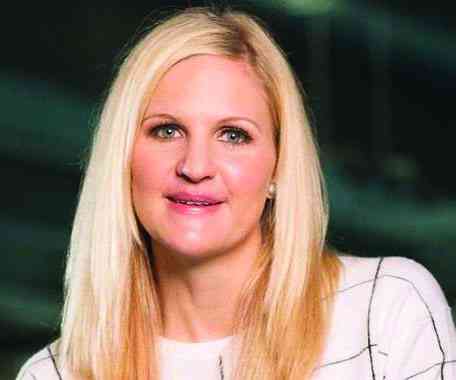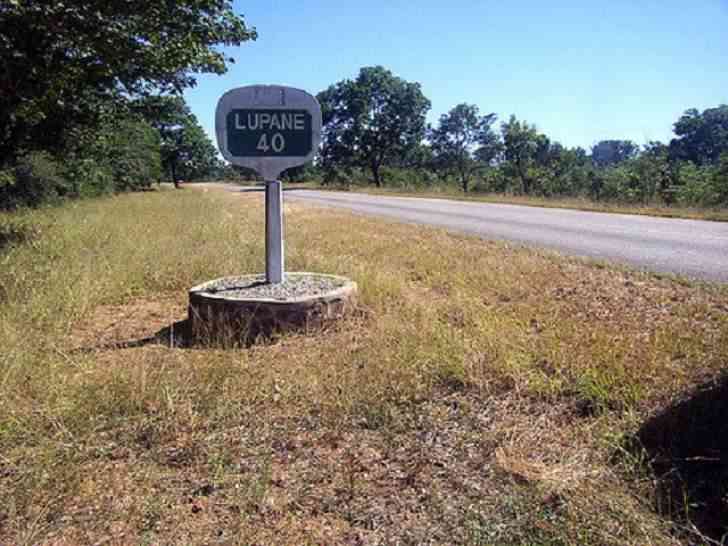
AS global audiences, including Zimbabweans cheering on their athletes representing the nation, were captivated by the Paris Olympics, it was unavoidable to consider the sports economy that has been and is continuing to emerge as a formidable driver of economic growth, influencing a range of sectors.
Globally, year-in year-out, it becomes clearer that a thriving sports economy not only revitalises communities but also stands as a pillar of national prosperity, brimming with opportunities for advancement.
Apart from its recreational value, its economic impact is amplified by the appeal of sports merchandise and major investments in cutting-edge facilities.
Media rights and broadcasting deals add to the sector’s enrichment, while sports tourism infuses local economies with vitality from international visitors.
To illustrate, The Centre for Law and Economics of Sport (CDES) at the University of Limoges estimates that the economic boost from the Olympics for the region of France could be between €6,7 billion and €11,1 billion (US$6,1 billion to US$10,2 billion).
Similarly, the Ivory Coast’s investment of over US$1 billion in hosting and winning the Africa Cup of Nations highlights the significant economic gains possible.
The 2024 report by Oliver Wyman underscores Africa’s ambitious plans to harness this potential, with the sports market currently valued at over US$17 billion and projected to hit US$20 billion by 2035.
Zimbabwe, however, faces a critical decision: Without a strategic plan to tap into these growing opportunities, without robust regulatory frameworks, it risks missing out on substantial economic benefits and remaining sidelined as other nations forge ahead in the sports economy.
Legal and regulatory frameworks
When Youth, Sports, Arts and Recreation minister Kirsty Coventry recently underscored the pressing need for the gazetting of the Sports, Leisure, and Recreation Bill and the Sports Integrity Bill, her remarks cut straight to the heart of the critical issue.
The outdated 1956 Act is set to be replaced by the Sports and Leisure Bill, aiming to modernise Zimbabwe’s sports and arts governance and align it with contemporary global standards.
This bill, in conjunction with the National Sports and Recreation Policy, is intended to elevate Zimbabwean sports and arts to a significant global position.
Yet, Zimbabwe’s troubling history of sports corruption — ranging from the 2011 cricket match-fixing scandal to the Asia-gate football scandal (2007-2009), the 2016 Zifa funds mismanagement, Athletics Zimbabwe’s financial irregularities in 2019, and the 2018 Zimbabwe Rugby Union embezzlement case — raises critical questions about the real impact of these proposed reforms.
While the Integrity Bill offers a chance to address the regulatory gaps that have enabled these scandals, its success hinges on more than just legislative action.
Without rigorous enforcement and transparency, these bills risk becoming mere tokens rather than the catalysts for genuine reform that Zimbabwe’s sports sector desperately needs.
Unfortunately, while the minister exudes optimism regarding the progress of these regulatory frameworks, the reality leaves much to be desired.
Transparency in the process is severely lacking, with the public having minimal access to information about the laws that govern them. For instance, as of July 25, 2024 (the latest publication), the Parliament website does not list the mentioned bills, nor do they have bill numbers or statuses. This raises serious questions about the progress the minister praises.
This paints a worrying picture for the sports and arts industry. It would not be unreasonable to assume that these bills were merely rhetorical; their existence is questionable.
Even if they do exist, their legitimacy is now under scrutiny due to the stark lack of transparency.
Nevertheless, the importance of a robust regulatory framework for sports governance cannot be overstated. It is essential for unlocking the full potential of the sports economy.
The government of Zimbabwe cannot afford to persist with hollow slogans like "Zimbabwe is open for business" without implementing substantive changes. The rhetoric falls flat when actionable progress is glaringly absent.
While the Zimbabwean government stalls on fixing its regulatory framework, other nations on the continent are capitalising on the sports economy with impressive efficiency.
The National Basketball Association (NBA) is reportedly negotiating to host pre-season games in Rwanda, building on the successful launch of the Basketball Africa League (BAL) in 2021.
In Senegal, the Ultimate Fighting Championship (UFC) is in discussions to host their first event on the continent. Meanwhile, South Africa’s prowess in the sports economy is unmatched, from the 2010 FIFA World Cup to the Women's T-20 Cricket World Cup, Formula E Grand Prix, and most recently, the Women's World Cup in Cape Town.
Our neighbours are seizing opportunities in the sports economy with the urgency and dedication required, while Zimbabwe’s efforts remain disappointingly lethargic. The government’s inaction and lack of transparency undermine its proclamations, casting doubt on its commitment to genuine progress.
Perhaps, instead of "Zimbabwe is open for business," the more fitting slogan should be “Zimbabwe is open for misuse."
Leveraging the opportunities
With a well-established regulatory framework, Zimbabwe would be poised to seize transformative opportunities within the sports economy.
For instance, the Zimbabwe Gems, currently ranked 13th globally and 4th in Africa as of July 25, 2024, underscore the nation’s formidable presence in netball.
Despite facing governance criticisms, the Zimbabwe Netball Association (ZINA) manages a team renowned for its stellar performances. This distinguished reputation presents Zimbabwe with a compelling opportunity to bid for the 2031 Netball World Cup, a move that could follow the successful model set by South Africa’s 2023 World Cup.
South Africa's hosting of the tournament reportedly yielded an impressive R68 million (US$3,8 million), demonstrating the substantial economic gains possible from such events.
A strategic bid to host the Netball World Cup would not only capitalise on Zimbabwe’s robust netball standing but also serve as a catalyst for widespread economic and social benefits.
Beyond the financial windfall, hosting the tournament would elevate women’s sports to the forefront of national and global attention, fostering empowerment and progress for female athletes.
This endeavour represents a golden opportunity for Zimbabwe to enhance its global sports stature, drive economic growth, and champion social advancement through the power of sports.
By aligning itself with a progressive regulatory regime, Zimbabwe can transform its sports sector into a vibrant engine of national prosperity and social change.
Revitalising sports governance
To seize the significant opportunities within the sports economy, the Zimbabwean government must swiftly enhance its regulatory framework.
Strengthening transparency and accountability is crucial for positioning Zimbabwe to bid successfully for major international events like the Netball World Cup.
By doing so, the government can unlock substantial economic benefits and drive social progress. Immediate reform is essential to transform these opportunities into tangible successes, ensuring Zimbabwe capitalises on its potential and secures a prominent place in the global sports arena.
Zimbabwe must transition from being merely “open for business” to truly adopting a robust and accountable framework. If it remains “open for misuse,” the country risks letting valuable opportunities slip away and failing to reach its full potential.
Moyo is a Master of Laws student at the University of Cape Town, South Africa. — mdumoluhle@gmail.com. These weekly New Perspectives articles, published in the Zimbabwe Independent, are coordinated by Lovemore Kadenge, an independent consultant, managing consultant of Zawale Consultants (Pvt) Ltd, past president of the Zimbabwe Economics Society and past president of the Chartered Governance & Accountancy Institute in Zimbabwe. — kadenge.zes@gmail.com or +263 772 382 852.






